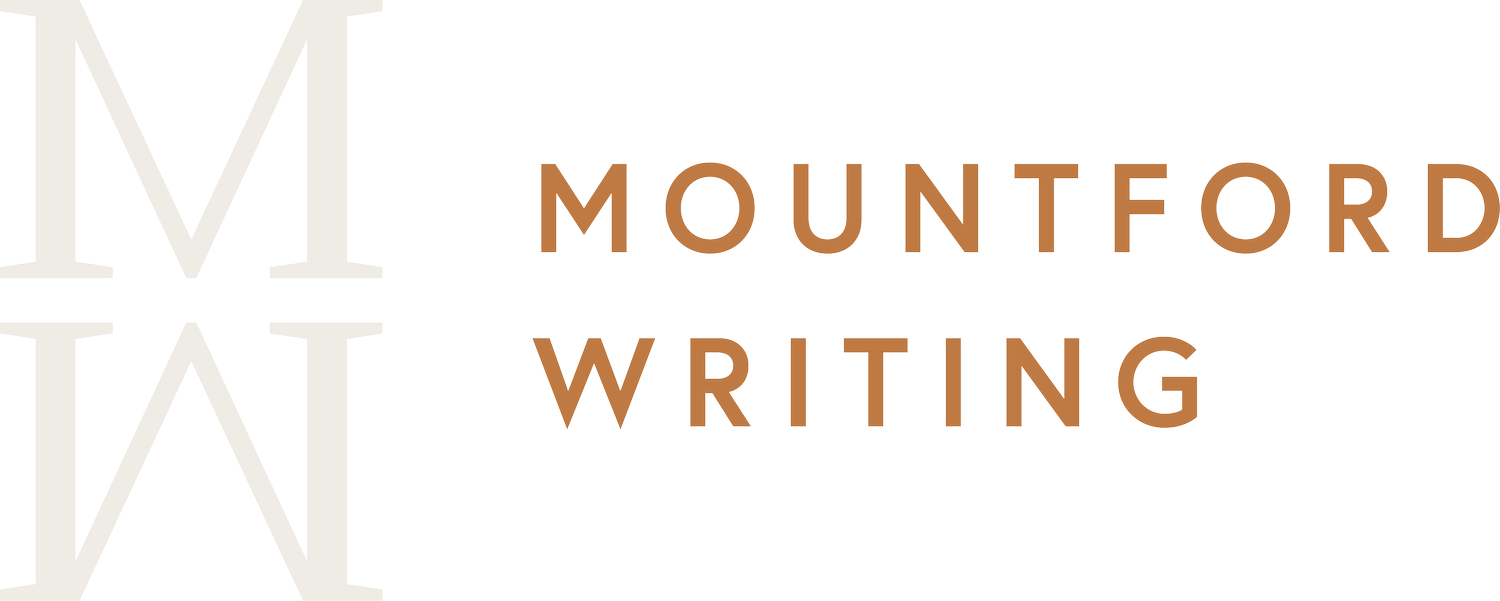What is a Writing Coach?
A writing coach is a mentor who meets with you to review your writing and offer feedback. They also set and maintain creative writing deadlines, give assignments, and suggest readings (novels, short stories, essays) to improve your writing. Like a tennis coach or any other kind of coach, your writing coach is trying to improve your technique until you achieve your goals (in the case of writing, that’s usually publication, or securing an agent, etc.).
Whether you’re writing a novel, memoir, essay or another creative work, you might need a coach. Then again, you might not—here’s more about how the coaching process works.
What Is a Writing Coach?
A writing coach should be an experienced and published writer who enjoys helping other writers perform their best. Writers at all levels can use writing coaches.
A writing coach should be someone with experience as an editor and writer, deep knowledge of the writing craft and business, and someone with the ability to offer guidance and edits. It’s important that the coach enjoys coaching, too, because if they’re not enjoying it you’ll find it’s not useful, and can even be harmful.
This coach can identify your bad habits and help you correct those—in general, the writing coach should be able to see your strengths and weaknesses, and what’s preventing you from reaching your creative goals. Ideally, in addition to understanding the publishing business well, the personal writing coach has connections in the literary and publishing world.
Overall, there should be a supportive, encouraging, and warm relationship because writing is hard, and writers need help.
Other Terms for Writing Coaches
Author coach
Book coach
Fiction coach or nonfiction coach
Creative coach
Memoir coach
Author mentor
Writing mentor
Book midwife
Writing consultant
Writing Coach: An Example
An example of the writing coach process…
I have a client who I’ve worked with for about a year. Last week, she sent an outline for a memoir, and I provided notes on that structure. I pointed out the outline’s strengths, similar books she might want to read for research and background, and craft elements to lean on or learn to make the memoir a success.
Next, as her writing coach, I asked her to send me the opening 10 pages of the next first draft. I gave her a deadline of a week and a half out because 10 pages will be doable but challenging, considering her work schedule but also her motivated attitude.
Once she turns in her pages, we’ll have an hour-long meeting where I read those pages aloud and talk about what I’m seeing, what’s working well, and what she needs to bear in mind. Then I’ll give her the assignment to deliver in the next couple of weeks.
How Does a Writing Coach Work?
Writing coaches might work with you online (via emails and/or Zoom meetings) or in person. Pre-pandemic, I met people in person at my Seattle home or Seattle’s writing center Hugo House.
But since the pandemic, like many others, I’ve found Zoom is easier for most people. The technology makes some aspects of the meetings more effective and valuable for my clients (video recordings, screen sharing of the manuscript or essay, live use of track changes, etc.). I now work with clients in Montana, Los Angeles, Germany, England, and elsewhere.
I charge by the hour, with discounts, if you purchase bulk hours at once.
Beyond this, I use one of two basic models for coaching, and while many clients only use one of these approaches, others like to switch back and forth.
Model One: Notes-Only Sessions
A client sends a sample of their work to me, usually a Microsoft Word Document. For an hour of my time, it’s usually about 10-12 pages (Times New Roman, 12-point, double-spaced). I read this closely on my own, adding comments in the margins and sometimes correcting mistakes, and then I write a note explaining my findings and what they should work on next.
I write about craft choices and the benefits and challenges of those choices. Is that the right choice for this material, or does it make the writer’s job particularly difficult? Using close third-person with lots of backstory in a thriller can be hard to pull off. I’ll explain why, and offer specific, easy-to-understand suggestions, using the writer’s talents while also keeping the pace and tension elevated.
Then I email notes with suggestions for what we should do for our next set of pages.
Clients like this because there are more notes on their pages, which can be less emotionally overwhelming than live online meetings.
Model Two: One-on-One Live Writing Coaching
During a Zoom meeting, I screenshare the client’s pages, with Microsoft Word track changes on. I read the pages aloud, stopping whenever I have an observation about what’s working well or not. I make notes in the margins, as with the remote sessions. But because I’m talking more, there are fewer notes.
For example, yesterday, I reviewed a short story with a client. Reading the opening pages aloud, I spoke about the strengths of the opening scenes. Still, I pointed out that the characters were explaining information in dialogue because the narrator hadn’t done so.
I showed how the author could cut dialogue and let the narrator handle some of this setup. For example, ensuring that the reader knows the story is set in the 1960s and that the two women talking to each other are sisters, with one sister raising the other.
This way, one character didn’t have to say, “Because you’re my younger sister, I feel…” which feels a bit clunky.
On the third page, an important story element establishing tension was introduced. I pointed out how to effortlessly intro that element on the first page. So I paused, and talked about how to time information. I pointed to an essay focusing on the craft of deciding how to prioritize information in a story’s opening.
Clients like live coaching, or meetings. In real-time, clients see how a literary agent or editor at a magazine or publishing house could react to their writing.
Live coaching also demystifies the writing and editing process, making it less overwhelming and unknowable. You can see how it’s easy to just cut something here, add something else here, adjust this sentence, and now the whole page is a lot better.
How Often Do You Meet a Writing Coach?
Some clients have finished most of a book and can choose between a developmental edit and coaching. But sometimes coaching is best. In these cases, we often meet every week or every other week and move steadily through the book, repairing as we go.
Other clients like to meet less frequently, usually if they’re early in their writing process, or need time to write or edit things on their own.
Another client might only need my assistance once or twice with reviewing an MFA application or putting together a query letter. Yet another might just need prompts, encouragement, and feedback on a journey to becoming a published writer.
Which Genres Do Writing Coaches Work In?
I know coaches in just about every genre and fiction and nonfiction. Personally, I work in most genres of fiction and creative nonfiction including, but not limited to:
Literary fiction / novel
Short stories
Young adult fiction (YA)
Thrillers
Historical fiction
Science fiction or speculative fiction
Fantasy
Horror
Memoir
Personal essay
Like other coaches, I tend to avoid some topics or clients. I only work with adult writers, and I’m not helpful with college papers. I find some extremely experimental writing difficult to grasp (erasure novels, etc.), and will refer people writing those works to someone else.
I’m also not a copy editor or proofreader, though I can recommend people who offer these services.
Also, as a matter of principle, I don’t help people self-publish. I’ve seen too many people be disappointed or hurt by their experiences with self-publishing. If you have self-published already, and are hoping to find a more traditional publishing experience, I can help with that, although you might have to write under a new name.
Types of Writing Coaches and Editors
The terms below are often used interchangeably, but they can mean very different things.
Writing coach
As I’ve described above, a writing coach functions a lot like other coaches you might have, say, in sports. As with other coaches, you might end up “graduating” from a given coach, when your skills exceed the range of their teaching ability—or when you’ve published your first novel and have the hang of the process and self-editing.
Developmental editor
You hire a developmental editor to help with a draft of a book that is mostly or completely done. I do this work, as well. This kind of work is generally best for people who are already writing at a near professional level. Your developmental editor will read part or all of your book and get you extensive notes requiring significant edits, including rearranging structure, point of view, tone, and so on.
Manuscript consultant
This broader term typically means any kind of person who helps a writer with their manuscript. A manuscript consultant can help early or late in the process, but they’re looking at a sizeable chunk (or a complete) memoir or novel or collection of stories.
Freelance editor
Copyeditors, line editors, and proofreaders are almost completely and exclusively interested in the line-by-line editing of a manuscript. They seek out and correct sentence-level corrections or stylistic issues.
How a Writing Coach Helps You Get Published
A good writing coach can help with a variety of tasks as you prepare your novel, memoir or other work for publication. For example, they can help you:
Write a query letter to a literary agent
Weigh in on which literary agents are best to approach for a given project
Decide whether a project is ready to be sent out
Identify which magazines you should try with a specific piece
Offer guidance on how long it might take to hear from an editor or an agent and how to follow up
How Much Does a Writing Coach Cost?
Prices vary widely, and coaches have countless different systems for pricing. The most common approaches are by project, time, or page numbers. Much is based on what they’re doing, and their expertise in the area. I charge $140 per hour, with discounts if you buy more hours.
How to Find the Best Fiction Writing Coach
I’ll write more about this in an upcoming post, but in general, you need to find a fiction writing coach that works with your communication and writing style, hours, genre, and is qualified to help.
To find the best writing coach for you
Ask friends
Look at popular teachers at writing centers like Grub Street, The Lighthouse and Hugo House.
Check out your favorite authors, and see if they offer these services. You’d be surprised who does!
Decide if you want to meet in person or online, as you can find writing coaches in Seattle, writing coaches in Boston, and many other major cities. But if you don’t live in one of these cities, many or most coaches now work via Zoom.
Favorite writing coaches include
Karen Finneyfrock, who specializes in YA and middle-grade fiction writing coaching. Karen can be reached at karenfinneyfrock@hotmail.com
Jaimee Garbacik, who also offers line-editing services





I’ve long been fascinated and troubled by the question of how to do two separate but connected jobs as a writer:
Evoke a strong feeling within the reader (to make them cry is a kind of peak, I think).
Describe a character who is experiencing huge feelings in a way that doesn’t feel maudlin, or cheesy.